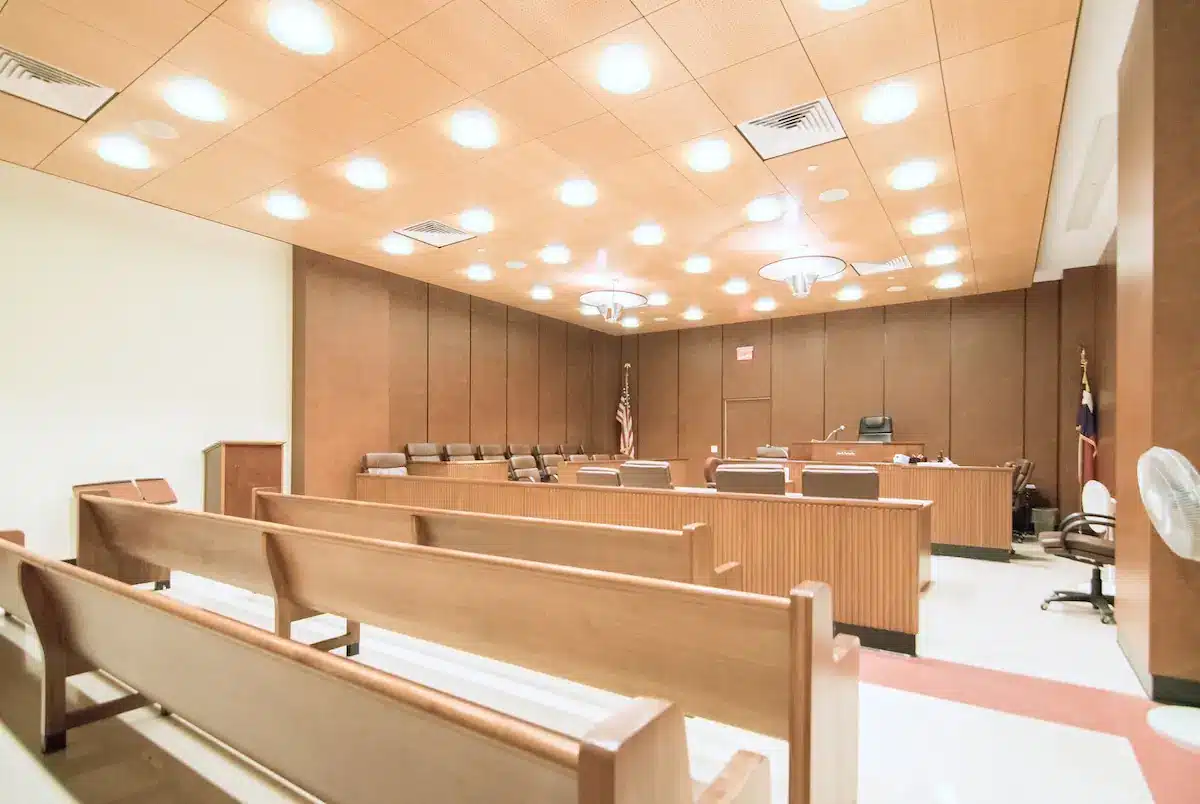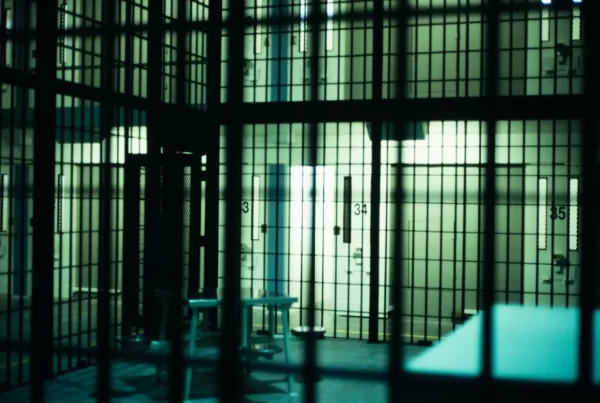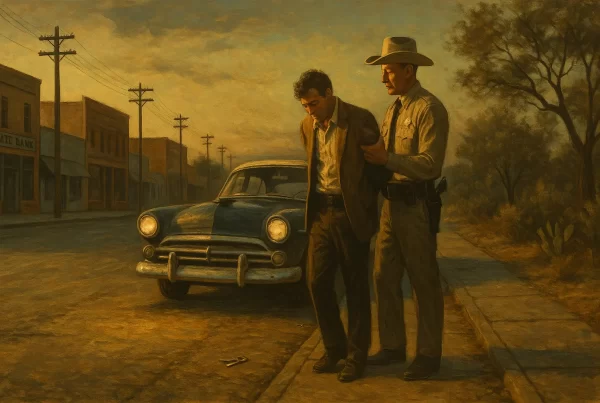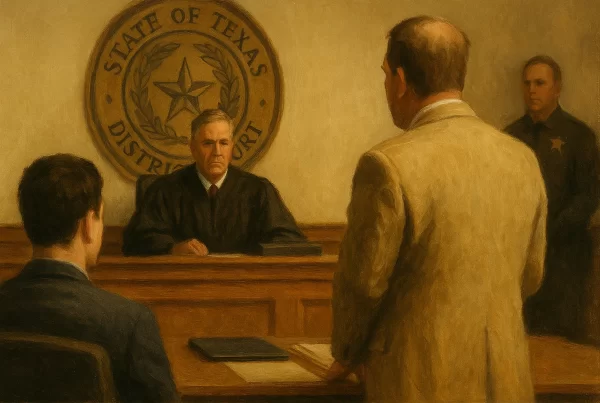A grand jury is a group of 12 citizens selected by a court to consider allegations of potential criminal conduct and determine whether a person should face formal criminal charges.
The grand jury concept aims at bringing to trial persons accused of public offenses upon just grounds while protecting citizens against unwarranted prosecutions. The grand jury serves as a check on the power of the state, represented by the prosecutor.
Grand juries typically serve for a term of two to three months, usually meeting once or twice per week for several hours per day. Exact schedules vary by court and by county.
Role of a Grand Jury
A grand jury does not determine a defendant’s guilt or innocence, but only decides whether enough evidence exists to issue an indictment. Following the indictment, the defendant will then be tried by a separate jury, known as a petit jury (“small” jury), or by a judge (a bench trial).
In a grand jury proceeding, a prosecutor must explain to the jurors the proposed criminal charge and what evidence the state has that justifies a trial. The prosecutor can call witnesses and present evidence. The rules for the proceeding are determined by the Texas Code of Criminal Procedure (chapters 19A and 20A).
Jury Selection
Prospective members of the grand jury (jurors) are chosen at random for jury service from a pool of potential jurors consisting of most of the adults in the county where the jury is to be summoned. In order to serve on a grand jury, a person must be at least 18 years old, a U.S. citizen, a resident of the county where the jury is assembled, be able to read and write, and not have been convicted of misdemeanor theft or a felony.
Once the court has summoned a group of prospective jurors, the judge of the court will assess the qualifications of the jurors and their willingness and ability to serve, and narrow down the number to 12 jurors and four alternates. The rest of the citizens who were summoned will be dismissed. Unlike regular juries in criminal trials, grand juries do not need all 12 members present each day but can function with a minimum of nine members.
Exemptions from Grand Jury Service
An exemption may be requested if the prospective juror is:
- older than 70 years of age;
- responsible for the care of a child younger than 18 years;
- a student of a public or private secondary school;
- a person enrolled and in actual attendance at an institution of higher education; or
- any other person that the court determines has a reasonable excuse from service.
If you want to claim an exemption, you may either complete the appropriate information on your grand jury duty summons, have it notarized, and mail it to the court which has summoned you, or you may inform the judge on the date you are to appear
Secrecy of Proceedings
Grand jury proceedings are secret. Only jurors, prosecutors, and a bailiff may be present in a grand jury room, or a witness being examined. During deliberations of the jury, only the jurors may be present.
A subpoena or summons relating to a grand jury proceeding or investigation must also be kept secret. One of the reasons for secrecy in grand jury proceedings is to protect the privacy and reputation of innocent persons who are subject to an inquiry yet haven’t yet been formally accused or convicted of any crime.
Decision of a Grand Jury
After a prosecutor has finished making his case to the jury, the jurors get an opportunity to meet alone and discuss whether they agree that there is enough evidence to bring a person to trial. This step is called voting on the presentment of an indictment.
If at least nine grand jurors vote that a person should be formally charged with a crime, an indictment is signed by the foreman of the Grand Jury and turned over to the district court. If the evidence is determined to be insufficient, the Grand Jury will vote a “no bill”.
Courts may issue arrest warrants on the basis of indictments. However, indictments are considered secret and may not be made public until the accused person is arrested or placed under bond.
This article is provided for general informational and educational purposes only and does not constitute legal advice. The laws and procedures discussed herein reflect Texas statutes and legal norms as of the time of writing and may be subject to change. Individuals facing arrest or criminal charges should consult a licensed attorney for guidance specific to their situation. Texapedia is a privately maintained encyclopedia and does not provide legal representation or services.



